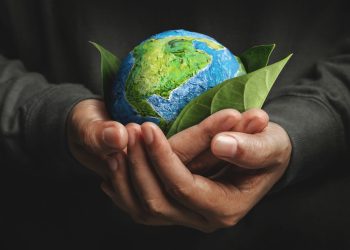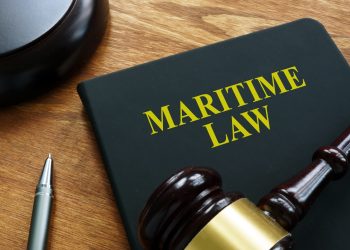According to U.S. Department of Justice, two related companies that operated the motor tanker PS Dream – Prive Overseas Marine LLC and Prive Shipping Denizcilik Ticaret – pleaded guilty. As explained the companies pleaded guilty to conspiracy, knowingly violating the Act to Prevent Pollution from Ships (APPS) and obstruction of justice related to the falsification of the tanker’s Oil Record Book, which is a required log. The guilty pleas were entered in federal court in New Orleans before Chief U.S. District Court Judge Nannette Jolivette Brown. If the court approves the plea agreement, the companies will be fined a total of $2 million and serve four years of probation. Separate charges have been filed against Captain Abdurrahman Korkmaz, a Turkish national who was the ship’s master. The criminal case stems from the report of a crew member who, on Jan. 11, 2023, contacted the Coast Guard in New Orleans, which was the next port-of-call, and shared a video showing oil being pumped overboard and trailing behind the tanker. When the ship arrived in New Orleans two weeks later, this individual and another crew member blew the whistle and provided evidence to the Coast Guard. Video and photographic images were filed ...
Read moreDetails































































